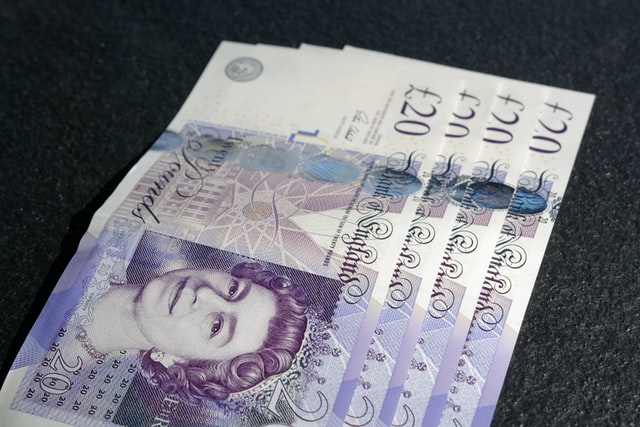GBP/USD Steadies Near 1.2600, Downside Appears Due To Trump’s Tariff Threats

Photo by Colin Watts on Unsplash
- GBP/USD could struggle due to new tariff threats from US President Donald Trump.
- The latest FOMC Meeting Minutes emphasized needing more time to assess multiple factors before considering any rate adjustments.
- The British Pound struggled to gain traction despite a stronger-than-expected annual inflation rate.
GBP/USD holds ground after registering losses in the previous two successive days, hovering around 1.2590 during the Asian session on Thursday. However, the pair faces pressure as concerns over tariffs from US President Donald Trump lent support to the US Dollar (USD).
According to Bloomberg, Trump announced on Tuesday plans to impose a 25% tariff on foreign automobiles, alongside expected increases in duties on semiconductor chips and pharmaceuticals. An official announcement could come as early as April 2.
Market participants are now focused on key US economic data, including weekly Initial Jobless Claims, the CB Leading Economic Index, and the Philly Fed Manufacturing Index, set to be released during the North American session.
The Federal Open Market Committee (FOMC) Meeting Minutes for January’s policy meeting, published on Wednesday, reaffirmed the decision to keep interest rates unchanged in January. Policymakers emphasized the need for more time to assess economic activity, labor market trends, and inflation before considering any rate adjustments. The committee also agreed that clear signs of declining inflation are necessary before implementing rate cuts.
Despite a stronger-than-expected annual inflation rate released on Wednesday, the Pound Sterling (GBP) failed to gain traction. The UK’s Office for National Statistics (ONS) reported that January’s Consumer Price Index (CPI) rose 3.0% year-over-year, surpassing December’s 2.5% increase and market expectations of 2.8%. This figure remains well above the Bank of England’s (BoE) 2% inflation target.
BoE policymakers have previously acknowledged that inflation could rise in the short term due to higher energy prices before gradually returning to the target level. BoE Governor Andrew Bailey reiterated earlier this week that while inflation may temporarily rise, he does not expect it to be persistent and still sees a gradual disinflationary trend.
More By This Author:
USD/CAD Price Forecast: Could Test 1.4200 Barrier Near Nine-Day EMAUS Dollar Index Price Forecast: Holds Gains Around 107.00 Despite Increased Bearish Bias
GBP/JPY Price Analysis: Finds support Around Nine-Day EMA At 191.00
Information on these pages contains forward-looking statements that involve risks and uncertainties. Markets and instruments profiled on this page are for informational purposes only and should not ...
more


